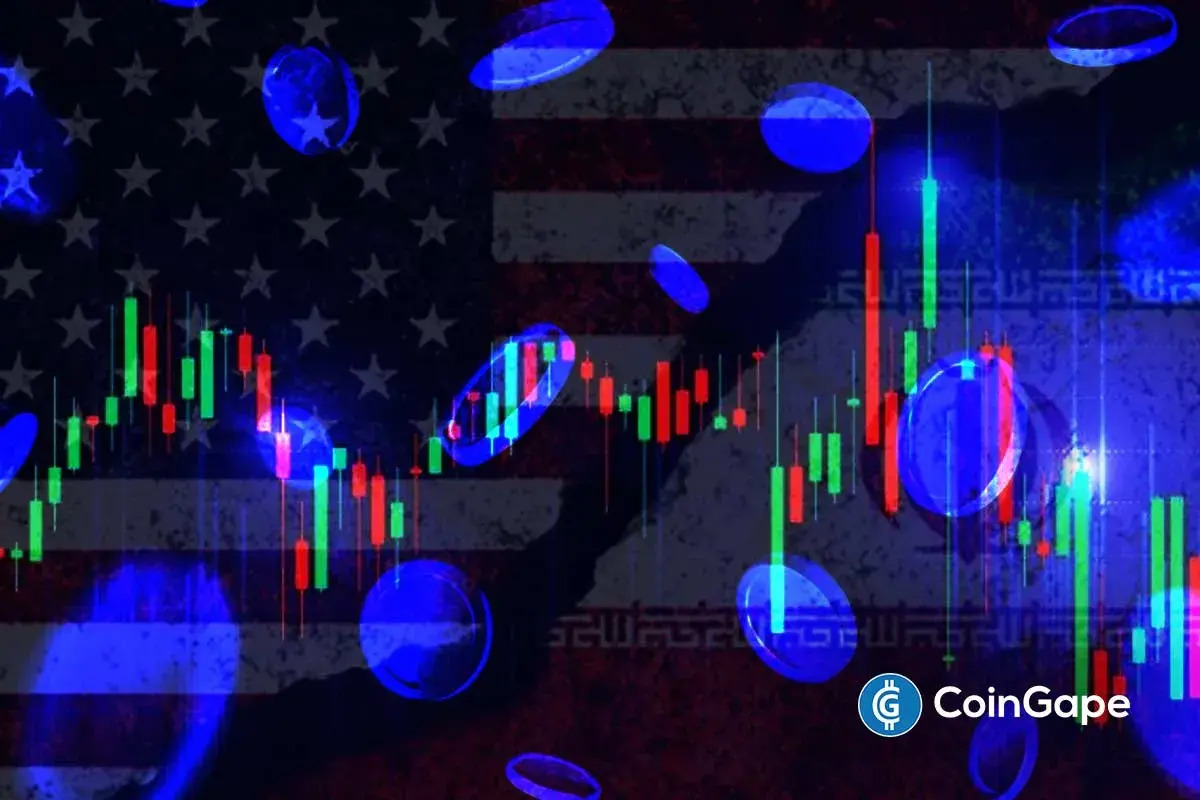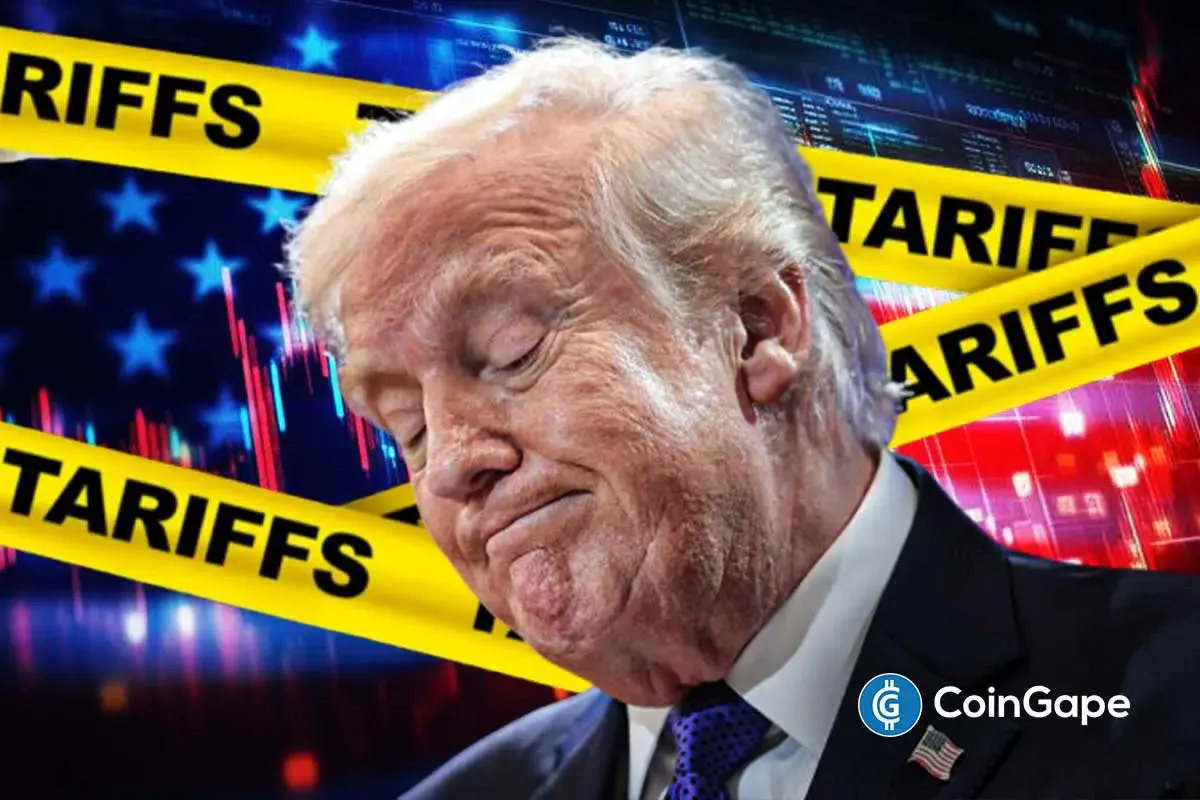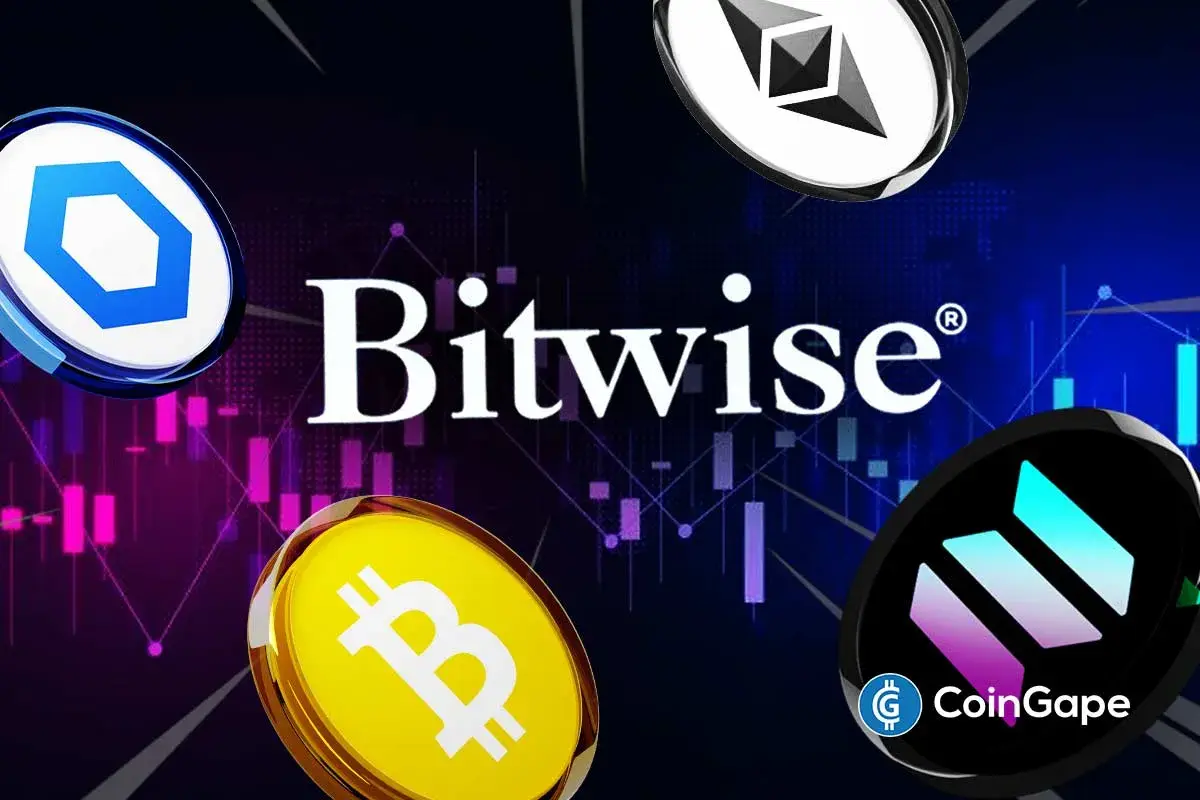Australian Regulator Faces Scrutiny Over Lapse to Report HyperVerse Crypto Scheme

Australia’s consumer watchdog is reportedly under fire for not issuing a warning against the HyperVerse crypto investment scheme. The Guardian quoted Assistant Treasurer Stephen Jones criticizing the Australian Securities and Investments Commission (ASIC). The agency was called out for its lapse even after international regulators flagged the scheme as potentially fraudulent.
Also Read: Crypto fraud allegations are brought on ACE exchange founder
HyperVerse reported scam
A previous investigation by Guardian Australia also reported substantial losses to retail investors in the HyperVerse scheme. Additionally, the scheme was reportedly dubbed a probable “scam” and a “suspected pyramid scheme.” Chainalysis, in its 2022 analysis of crypto scams, highlighted HyperVerse in its report. It emerged as a top perpetrator by revenue, amassing nearly $1.3 billion.
Jones raised questions about ASIC’s vigilance and response to international warnings. The official also pointed out that counterparts in the UK, New Zealand, Canada, Germany, and Hungary had issued warnings as early as 2021.
“This type of scheme works by convincing innocent people to invest their money into a product that might not exist, with the only source of income being money from new investors,” Jones was quoted as saying.
Scheme chief is reportedly untraceable
HyperVerse, part of the HyperTech group, lured investors with the promise of high returns. Their promised return on investment soon appeared dubious.
The development also follows an investigation by Guardian Australia that suggested Steven Reece Lewis, the alleged chief executive of the potentially fraudulent HyperVerse scheme, maybe a fictitious person.
Lewis, presented with an elaborate profile of achievements, reportedly remains untraceable. The previous report underlined that HyperVerse was promoted by Sam Lee and Ryan Xu. Both were Australian entrepreneurs associated with the now-defunct Australian bitcoin company, Blockchain Global, as per the report.
In light of the recent revelations and as investors deal with the consequences, attention is increasingly focused on how ASIC will refine its regulatory strategies to prevent similar incidents in the future. This concern is heightened by a recent CertiK report that indicated that 2023 witnessed 751 security incidents, resulting in a loss of approximately $1.8 billion in digital assets.
- XRP Realized Losses Spike to Highest Level Since 2022, Will Price Rally Again?
- Crypto Market Rises as U.S. and Iran Reach Key Agreement On Nuclear Talks
- Trump Tariffs: U.S. Raises Global Tariff Rate To 15% Following Supreme Court Ruling
- Bitwise CIO Names BTC, ETH, SOL, and LINK as ‘Mount Rushmore’ of Crypto Amid Market Weakness
- Prediction Market News: Kalshi Faces New Lawsuit Amid State Regulatory Crackdown
- Dogecoin Price Prediction Feb 2026: Will DOGE Break $0.20 This month?
- XRP Price Prediction As SBI Introduces Tokenized Bonds With Crypto Rewards
- Ethereum Price Rises After SCOTUS Ruling: Here’s Why a Drop to $1,500 is Possible
- Will Pi Network Price See a Surge After the Mainnet Launch Anniversary?
- Bitcoin and XRP Price Prediction As White House Sets March 1st Deadline to Advance Clarity Act
- Top 3 Price Predictions Feb 2026 for Solana, Bitcoin, Pi Network as Odds of Trump Attacking Iran Rise



















